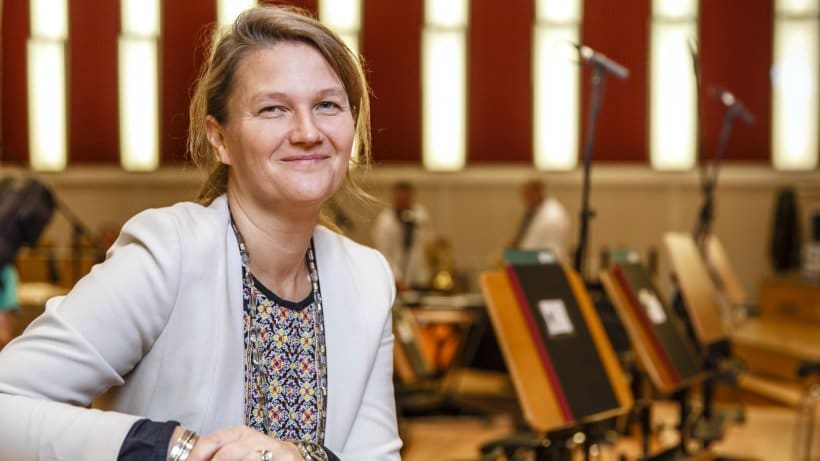Berlin Philharmonic: How we will resume
mainFrom an interview with Andrea Zietzschmann in the Financial Times:
“There are still many concerns,” says Andrea Zietzschmann, general manager of the Berliner Philharmoniker. “We are looking at a September or October start and will have to be very flexible about taking decisions at short notice. Scientists have stipulated spacing within the orchestra of 1.5 metres between the strings, and two metres between the wind, which means 32-37 players, though the number might rise later to 50 or 60. In the audience, we can only have 400 maximum in the main hall, which is an [unsustainable] situation.”
“In Berlin, there was a lot of competition before,” says Zietzschmann, “but now we stand together and fight together. There is no guarantee the deficit will be cleared for us, but we will apply for special funding when the time is ready, and those who are responsible know how our budget looks and want to support us. We are in a better position [than in countries with less public funding]. At least, we know for sure we will have a future life.”

Read more here.





Comments